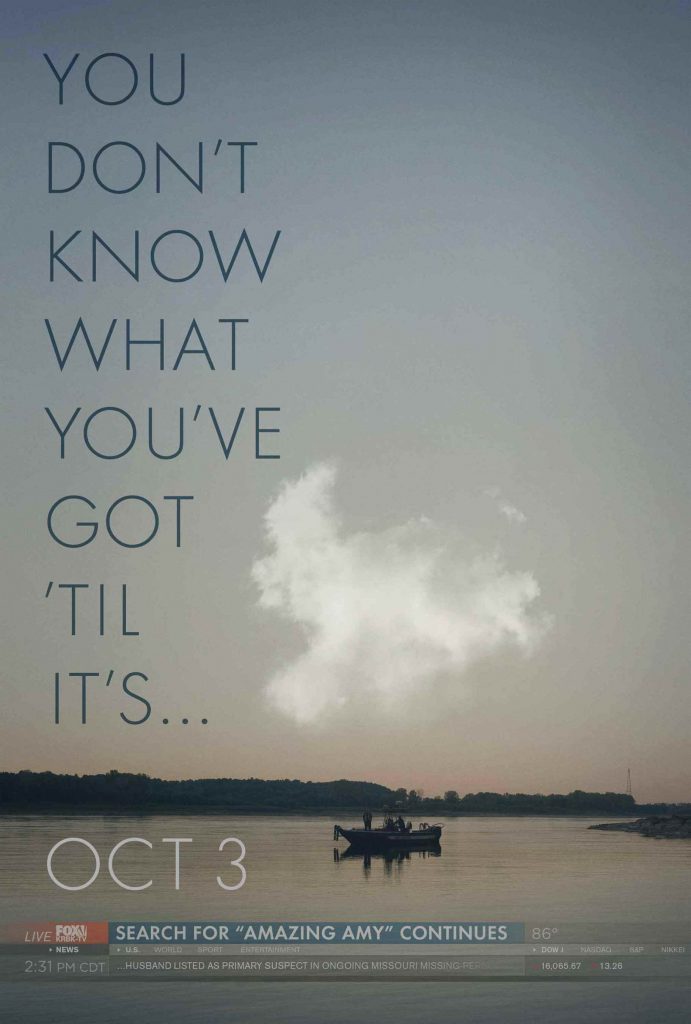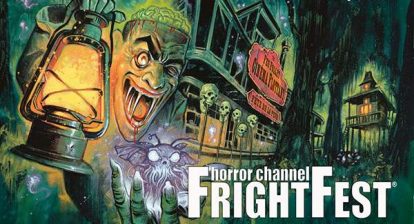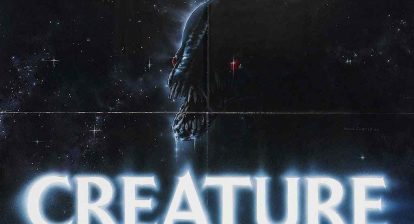Horror is enjoying a massive resurgence right now, with blockbusting franchises like Insidious and Paranormal Activity consistently pulling in big bucks worldwide (both have new installments due later this year), while quiet, brooding little indies that could, such as last year’s monster hit The Babadook, gain traction thanks to word of mouth by reliably rabid fans.
However, venture slightly outside the box and the general schedule is slyly peppered with dark delights. Nowadays, what seems like a safe bet for a quiet Friday night at the local multiplex is often scarier than something inoffensive, yet films more explicitly marketed as horror–like Ouija—are often about as frightening as the latest straight-to-DVD, Tinker Bell flick.
A little-known subgenre is throwing everything we thought we knew about straight horror fare out the window, while getting normal folk into theaters with labels such as “thriller” or “revenge” or “crime” (all of which correspond to the films listed below, as per the IMDb). Not Quite Horror has been around for decades, but it’s becoming more and more prevalent thanks to the bravery, or perhaps boldness, of directors such as Joe Dante, whose 2009 “kids horror” film The Hole boasts the scariest clown this side of American Horror Story.
Last year, in particular, was littered with a selection of strong examples of these kinds of films, some of which are from auteurs such as the legendary Cronenberg, from whom you’d expect something weird, while others come to us courtesy of the writer of a story of soppy robot/human friendship. The following are five of the best examples of Not Quite Horror that 2014 had to offer. In no particular order:
 Whiplash
WhiplashNobody who witnessed JK Simmons’ terrifying verbal and, at times, physical assault on poor Miles Teller could possibly forget it in a hurry. Whiplash is structured a bit like a horror film, with the tension slowly building up scene by scene until it, and indeed Teller’s drumming prodigy himself, reaches breaking point. Simmons is incredible as the sociopathic conductor pushing him to his limits, while Teller plays through blistered, bloodied hands and turns on everyone around him. To become great, everything and everyone else must fall by the wayside.
 Gone Girl
Gone Girl










